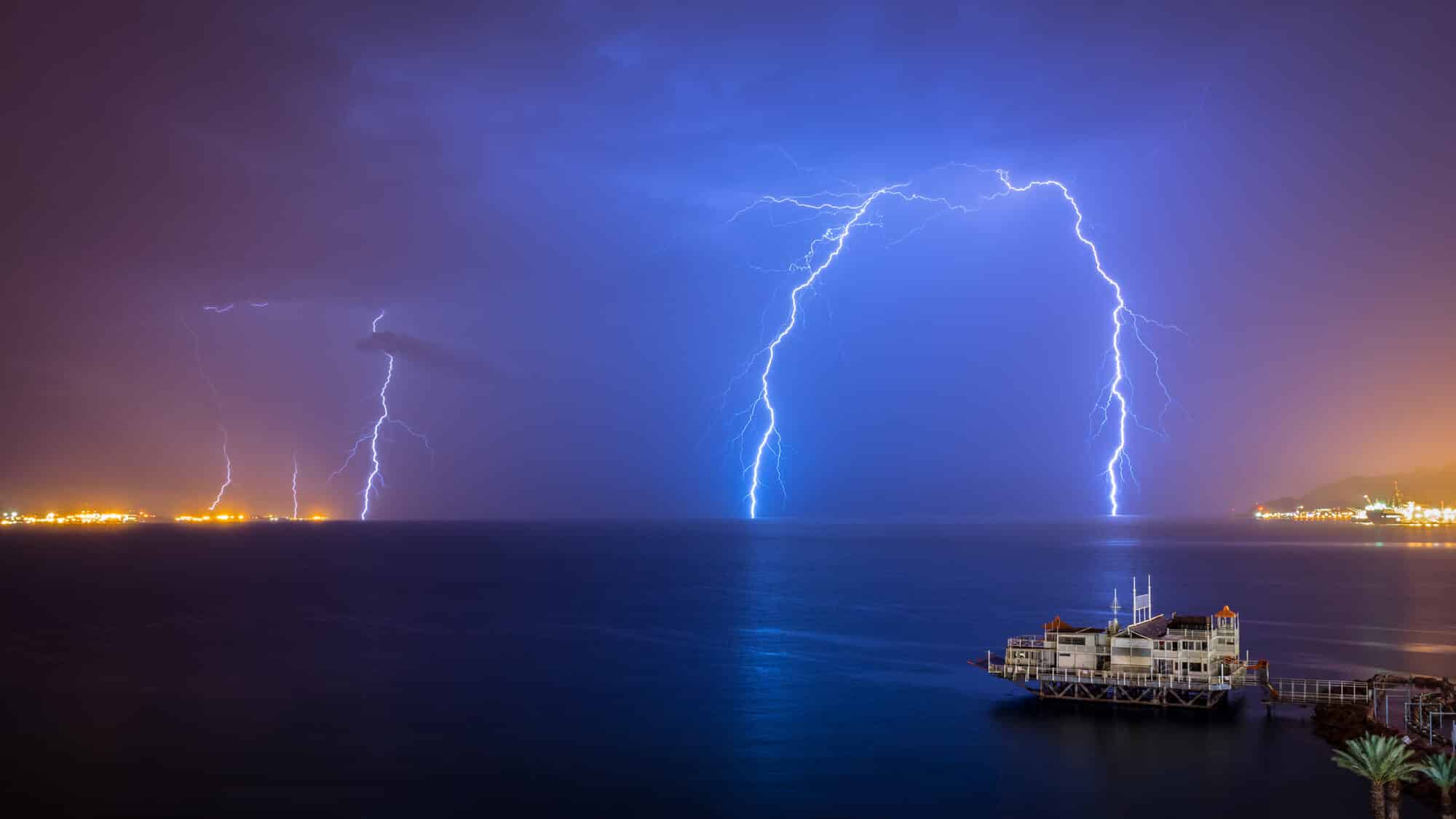A new study shows that the storms of the future will be drier and more concentrated, that is, focused over smaller areas in space. They will last for short periods of time but will be more powerful

The storms of the future will be drier and more concentrated, that is, focused over smaller areas in space. They will last for short periods of time but will be more powerful. This is according to a study led by PhD student Moshe (Koko) Armon, from the Institute of Earth Sciences at the Hebrew University, used a high-resolution regional weather forecasting model, of the type that is used in forecasts for a range of a few days. Using the model, a large collection of storm simulations that took place under future climate conditions was created, focusing on Israel and its immediate surroundings (Lebanon, Jordan, Egypt, Syria and Saudi Arabia).
The study examined storms with high precipitation that cause damage, as a result of floods and inundations, and found that situations such as urban flooding or floods in small streams or deserts, may become more dangerous and perhaps even more common following the "concentration" of the storms. Situations in which prolonged amounts of rain fall over a large area, such as those that produce floods in the major streams, or that contribute water to aquifers and the Sea of Galilee - will likely become rarer in the future.
Moshe (Koko) Armon, one of the leaders of the study, stated that: "The decision makers must prepare today for a situation where the rain systems will be shorter and more focused, and this may have an impact on our water sources. A quantitative assessment of the expected changes in the amounts of natural water available and the intensity of floods in the future, may help us better deal with the consequences of global warming."
Other researchers who participated in writing the study are Dr. Francesco Mara, from the Institute of Atmospheric and Climate Sciences at the Italian National Science Council in Bologna, and researchers from the Hebrew University - Prof. Dorita Rostkeir-Edelstein, Prof. Haim Garfinkel, Dr. Uri Adam, and Prof. Uri Dayan .
More of the topic in Hayadan:
- New research: the amount of rain will decrease by 25%, but most of it will fall in storms with unprecedented intensities
- the fire clouds
- Israeli researchers manage to predict solar storms days in advance thanks to artificial intelligence
- You didn't imagine: the summer in Israel is getting longer and there are more dangerous storms in the winter
- New research: the amount of rain will decrease by 25%, but most of it will fall in storms with unprecedented intensities
